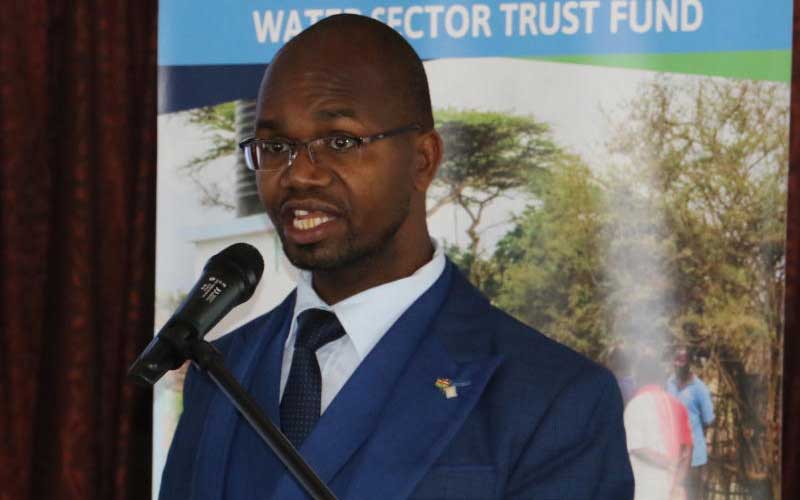×
The Standard e-Paper
Smart Minds Choose Us

Water Sector Trust Fund (WSTF) has received a Sh2billion (Euro 17,650,000) grant to finance measures to mitigate against drought.
The European Union through the 11th European Development Fund has provided financing towards mitigating drought in Arid and Semi-Arid (ASAL) Areas.